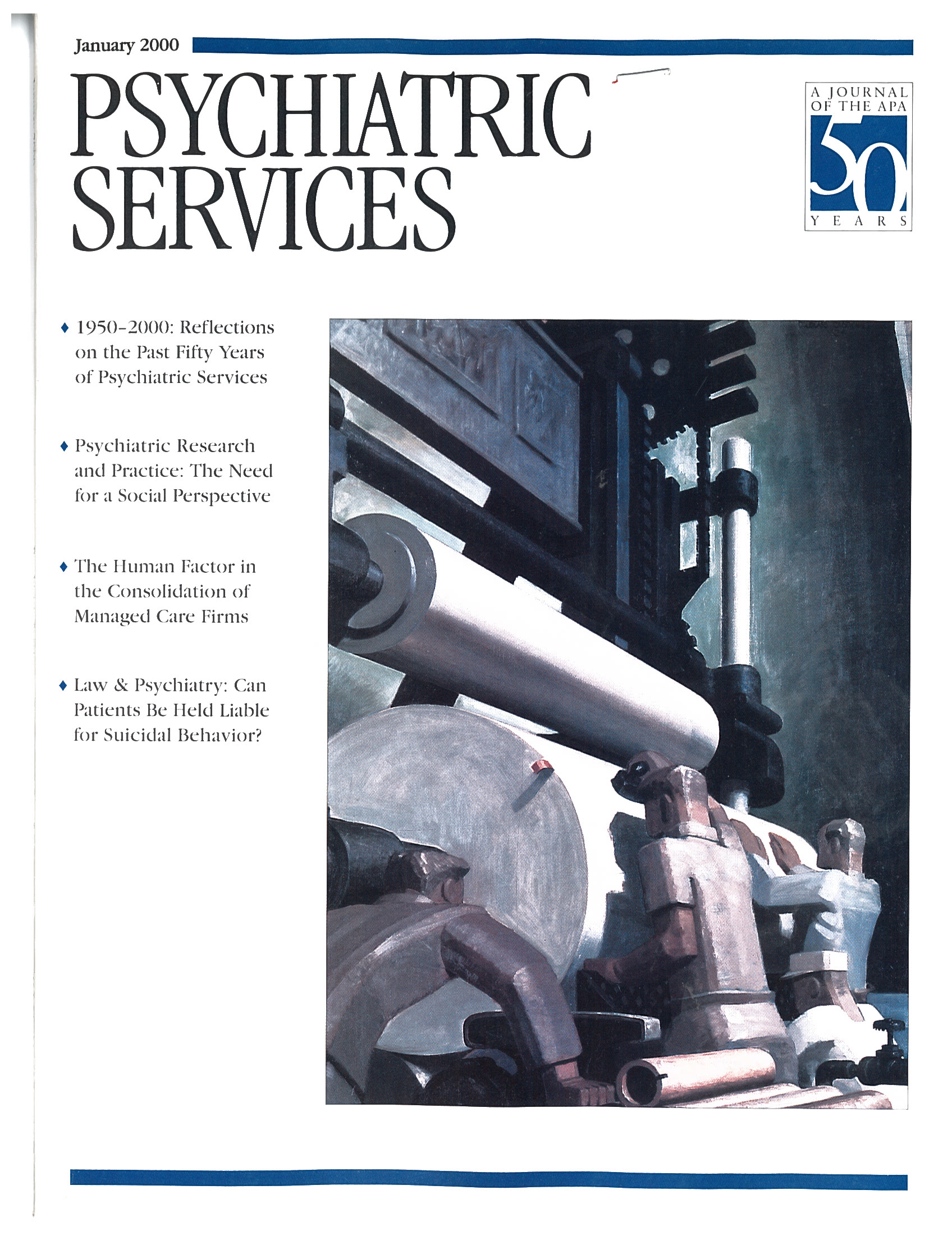Correlates of Improvement in Quality of Life Among Homeless Persons With Serious Mental Illness
Abstract
Longitudinal data from 4,331 homeless mentally ill clients at 18 sites participating in the Access to Community Care and Effective Services and Supports program were used to assess participants' quality of life over a one-year period. At baseline higher quality of life was associated with less severe depressive and psychotic symptoms, less use of alcohol and drugs, and more social support. At 12 months improved quality of life was associated with decreased psychotic and depressive symptoms, reduced substance abuse, fewer days of homelessness, and increased social support, income, employment, and service use.



